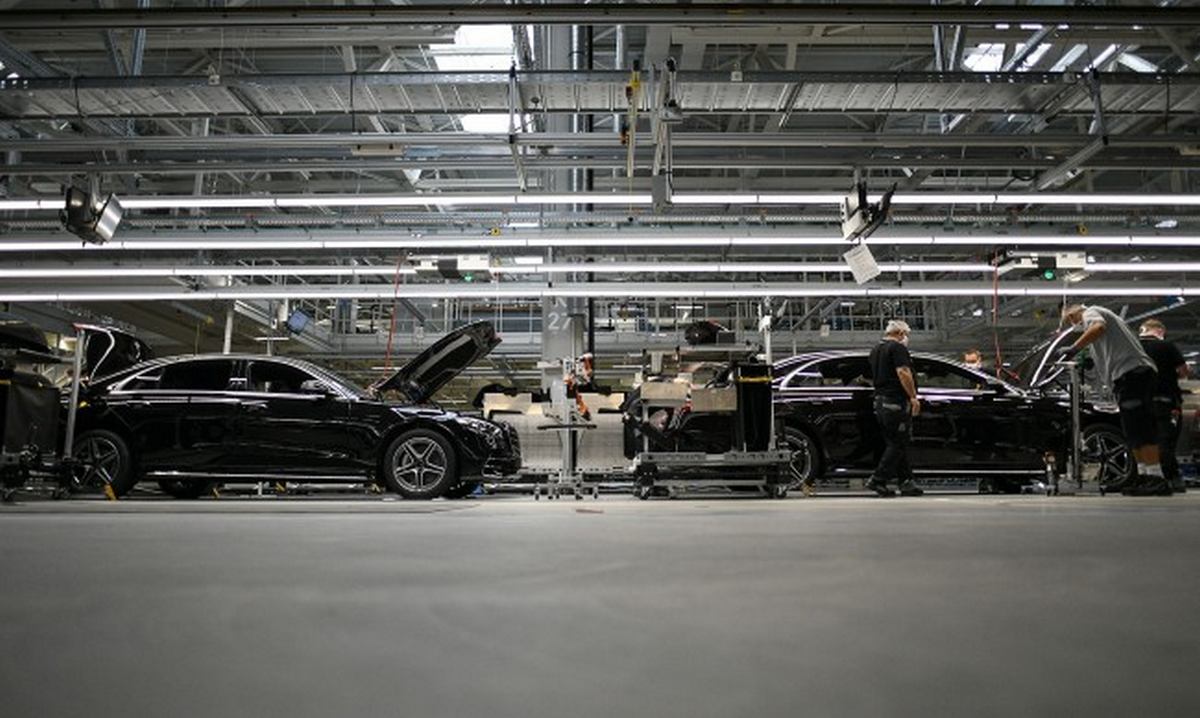Supply chains are so stretched that they are on the verge of rupture, inflation in developed countries is rising rapidly, and now the energy crisis is approaching.
The last problem was Germany, where production in August fell by 4.7% compared to the previous month. Industrial production is 9% lower than in February 2020.
According to Andrew Kenningham of Capital Economics, the shock drop was caused by a huge reduction in production of cars and auto parts by 17.5%. Car production in Germany is 40% below pre-pandemic levels.
It is difficult to overestimate the importance of the automotive industry for Europe’s largest economy. More than 880,000 people work in the automotive industry, and German plants produced more than 4.6 million cars in 2019.
Many automakers are struggling with demand for spare parts as the pandemic continues to invade global supply chains. Computer chips are also in short supply.
According to Cunningham, in the third quarter, the German economy will show significant growth, in part due to the opening of the hotel sector. But the forecast for the fourth quarter is “significantly deteriorating.”
“As conditions have deteriorated since August, problems in Germany’s manufacturing sector threaten that overall economic activity will be well below pre-pandemic levels by next year,” explains Cunningham.
Stretched supply chains are perhaps the biggest problem facing developed economies today. But another crisis is looming.
The global energy crisis, caused by weather conditions and rising demand, is intensifying, raising concerns on the eve of winter, when more energy will be needed to light and heat homes, according to Julia Horowitz of CNN Business.
Governments around the world are trying to limit the impact on consumers, but recognize that they may not be able to prevent bill growth. Some countries may order the closure of energy-saving plants.
Rising energy prices are contributing to rising inflation, which has already caused serious concern among investors. Central banks may be forced to stop stimulating the economy sooner than expected to curb rising prices.
OPEC and its allies, which could help alleviate the energy crisis, are taking a cautious approach. Earlier this week, they decided to stick to a plan to gradually increase oil production by resisting pressure to open the taps wider. Why? A pandemic, of course.
“We are afraid of the fourth wave of COVID-19, no one wants to take big steps,” a source in OPEC+ told Reuters.

